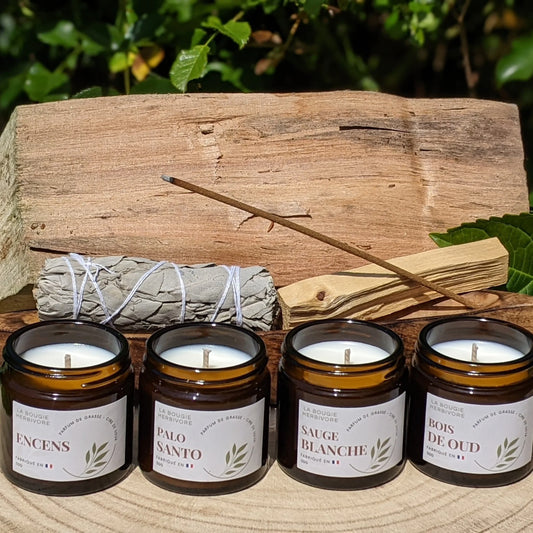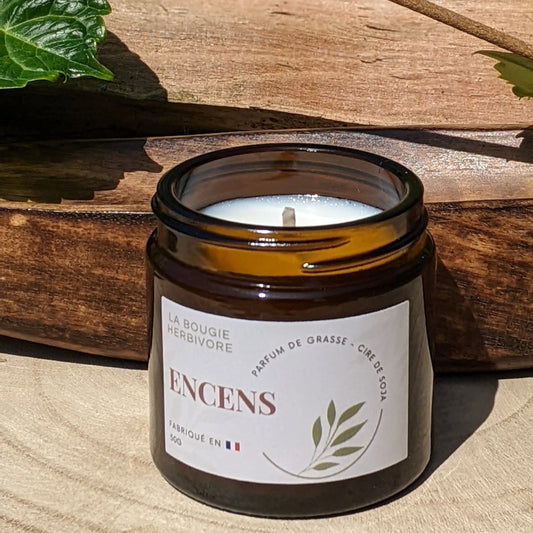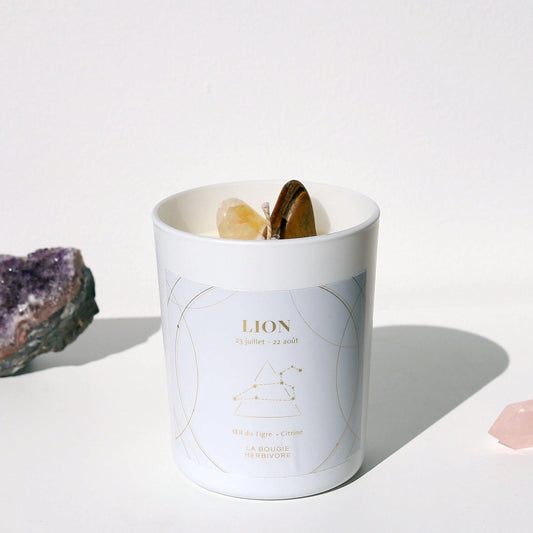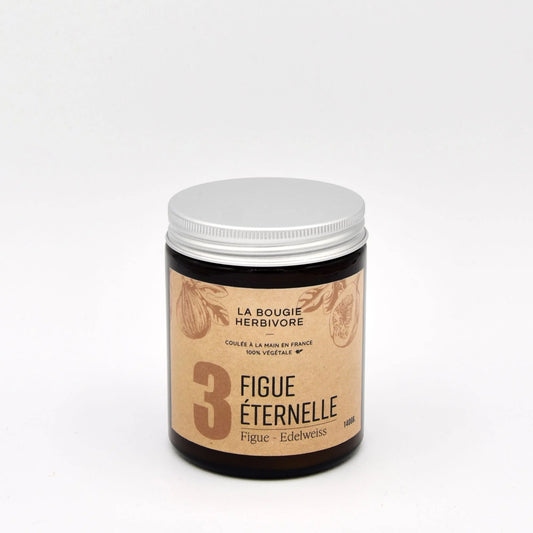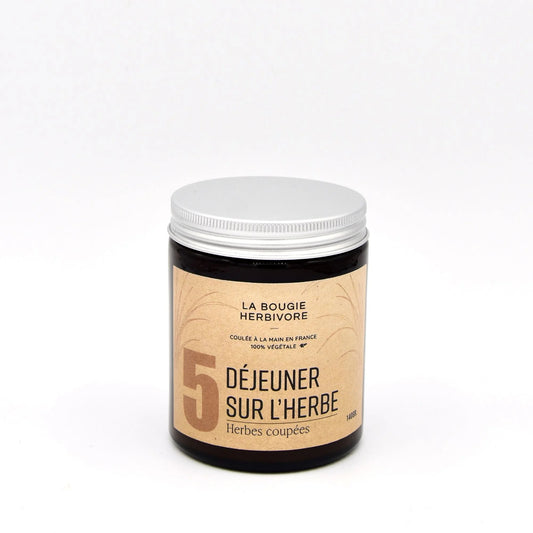




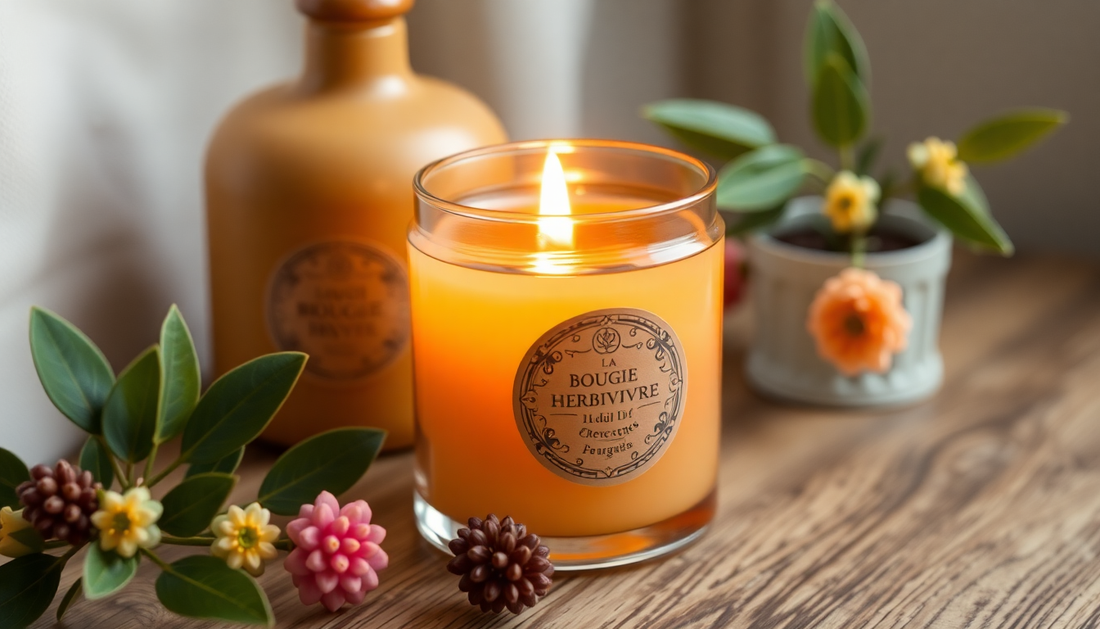

Managing stress through breathing: A key to serenity
In our modern society, stress has become an unavoidable reality. Between work demands, personal challenges, and the omnipresence of technology, it's easy to feel overwhelmed by stress on a daily basis. However, there is a simple but powerful tool to regain a sense of inner calm and restore balance: breathing. In this article, we'll explore the connection between stress and breathing, and dive into some effective breathing techniques to relieve stress and promote relaxation.
Understanding the Stress Response: When we are faced with a stressful situation, our body responds by initiating the “fight or flight response.” This reaction triggers a release of hormones such as adrenaline and cortisol, preparing us for immediate action. Although this response is essential in an emergency, prolonged exposure to stress can lead to chronic stress, affecting our physical and mental health.
The link between breathing and stress: Breathing is an automatic function of the body that we often tend to neglect. However, when it comes to managing stress, mindful breathing can make all the difference. During times of stress, our breathing tends to become shallow and rapid, thereby depriving our body of oxygen and worsening the stress response. By practicing focused breathing exercises, we can reverse this pattern and activate our body's relaxation response.
Take the test: What is my stress level?
Breathing exercises to relieve stress:
-
Diaphragmatic breathing: Also known as deep abdominal breathing, this technique involves inhaling deeply through your nose, allowing your abdomen to fully expand, then slowly exhaling through your mouth. Diaphragmatic breathing promotes relaxation by mobilizing the diaphragm and reducing the activity of the sympathetic nervous system, which is responsible for the stress response.
-
Box breathing: Box breathing is a simple technique that involves inhaling, holding the breath, exhaling, then holding again, each step lasting the same number of seconds. This pattern forms a square shape or box, hence its name. This exercise helps regulate breathing, improves concentration and calms the mind.
-
4-7-8 Breathing: Popularized by Dr. Andrew Weil, this technique is inspired by the principles of pranayama, a yogic breathing practice. Start by exhaling completely through your mouth, then in through your nose for a count of four. Hold your breath for seven seconds, then slowly exhale through your mouth for a count of eight. This technique promotes relaxation and helps you fall asleep.
-
Alternate Nostril Breathing: A technique derived from ancient yogic practices, alternate nostril breathing helps balance the right and left hemispheres of the brain, promoting harmony and reducing stress. Start by using your right thumb to close your right nostril and inhale deeply through your left nostril. Close the left nostril with your right ring finger, release your thumb and exhale through the right nostril. Continue alternating for several minutes.
Integrate breathing exercises into your daily routine: To fully benefit from breathing exercises, it is important to integrate them into your daily routine. Here are some tips for establishing a regular practice:
- Schedule dedicated time: Allocate a few minutes each day for focused breathing exercises, preferably in a calm, comfortable environment.
- Be regular: Regularity is essential to reap the benefits of breathing exercises. Consider incorporating them into your morning or evening rituals.
- Be mindful: During the exercises, stay fully present and attentive to your breathing. Leave distractions aside and immerse yourself in practice.
In our quest for stress relief and inner serenity, breathing exercises can be invaluable tools. By consciously directing our breathing, we can activate our body's relaxation response, reduce stress hormones, and cultivate a sense of calm. Remember, incorporating these techniques into your daily routine takes time and practice, so be patient with yourself. Embrace the power of your breath and open yourself to a world of tranquility amidst the chaos of modern life.










